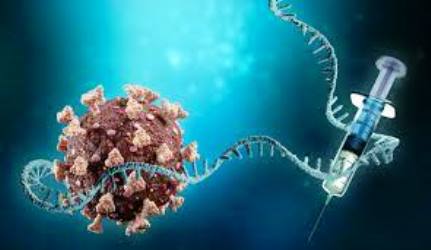The Global Health Advocacy Incubator (GHAI) and its partners have commended the Federal Government for its strong political commitment and increased domestic financing for immunization.
Reacting to Gavi, the Vaccine Alliance’s 2024 Annual Progress Report, GHAI’s Vice President for Health Systems Strengthening, Ms. Vandana Shah, told the reporters on Monday that the results showed what could be achieved when countries take ownership of their immunization programmes.
The report revealed that vaccination programmes in lower-income countries supported by Gavi saved at least 1.7 million lives in 2024 — the highest number ever recorded in a single year and an increase of 400,000 lives compared to 2023.
It also showed that more than 72 million children were immunized during the year, while nearly $255 million was allocated by countries through co-financing mechanisms.
Shah said Nigeria accounted for nearly one-third of that total, underscoring the country’s growing investment in vaccine financing.
She highlighted that GHAI’s partnership with the Vaccine Network for Disease Control (VNDC), led by Mrs. Chika Offor, had been instrumental in driving parliamentary and media advocacy for a first-line charge mechanism to ensure immunization remains a long-term national priority.
“Nigeria’s leadership in mobilizing domestic resources is a clear signal that sustainable financing is possible when political commitment aligns with community advocacy. This progress is vital to ensuring no child is left behind,” she said.
Shah also cited GHAI’s impact in other African countries, including Kenya, where collaboration with HENNET Kenya and its leader, Margaret Lubaale, helped end a nationwide BCG vaccine stock out, securing KSh 500 million for procurement.
In Madagascar, partnerships with HINA Plateforme, led by Eli Ramamonjisoa, prompted the Mayor of Antananarivo to allocate municipal funds for routine immunization — a first for the city.
She announced GHAI’s expansion into seven new countries — Cameroon, Côte d’Ivoire, Laos, Liberia, Sierra Leone, and Zambia — to reinforce the Gavi Leap Agenda, which promotes country self-reliance and sustained health impact.
According to Gavi’s 2024 report, the year also marked a historic milestone in malaria vaccination, with millions of children protected across 23 African countries, alongside major gains in fragile and conflict-affected regions such as Mali, Syria, and Haiti.
Global health leaders, including WHO Director-General Dr. Tedros Adhanom Ghebreyesus and UNICEF Executive Director Catherine Russell, hailed the achievements as proof that progress in vaccination is possible even amid adversity.
GHAI reaffirmed its commitment to supporting local partnerships for sustainable immunization financing across Africa.


